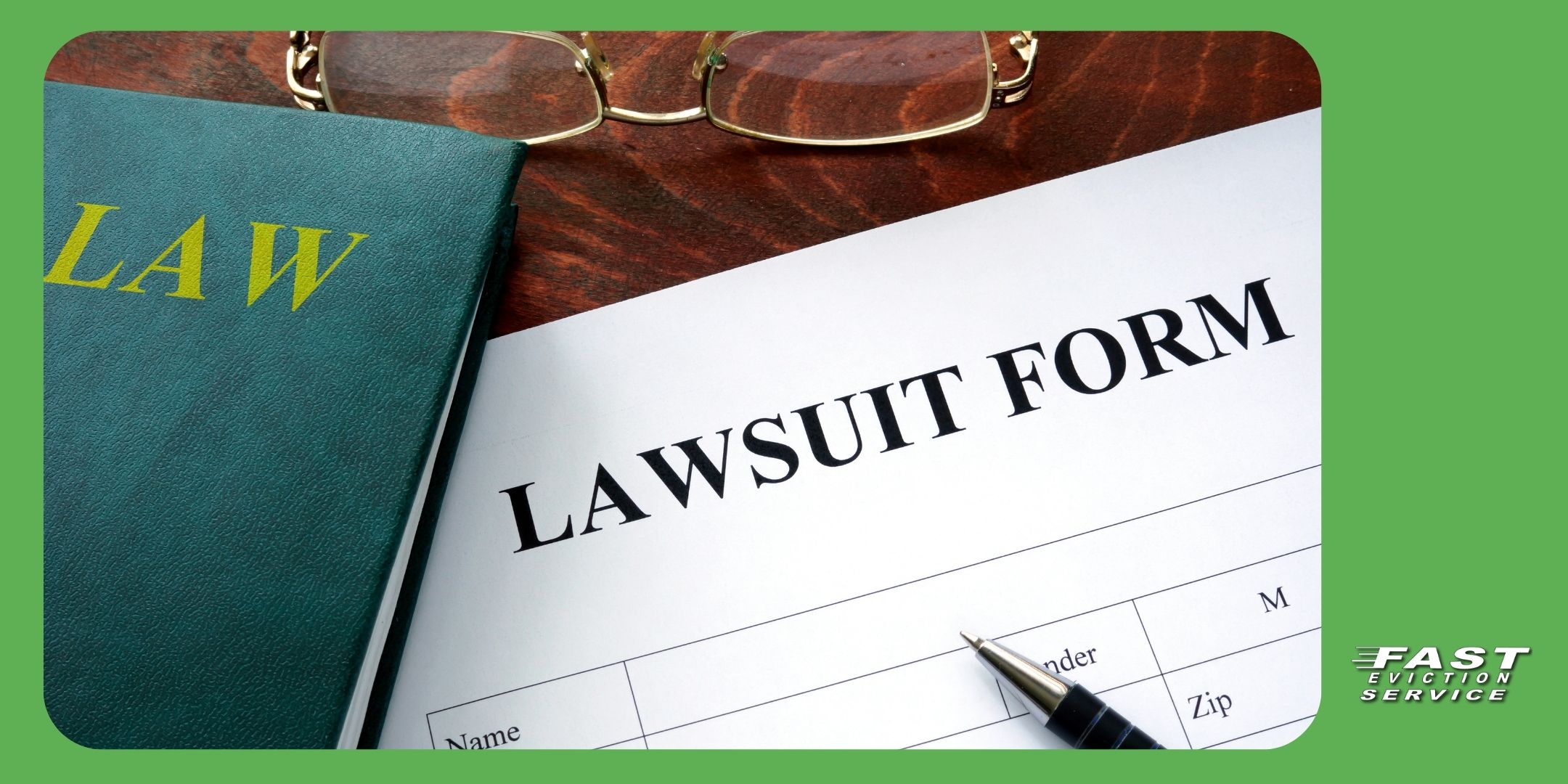Updated 07/04/24
Owning rental property is a significant investment, and protecting it should be a top priority for any landlord. Ensuring your property is well-maintained and secure not only preserves its value but also attracts and retains quality tenants. Knowing how to protect your rental property can save you from costly repairs, legal issues, and tenant disputes. This article will provide you with essential strategies to safeguard your rental property and maximize your investment.

From implementing robust security measures to staying on top of maintenance and understanding legal protections, there are several steps you can take to ensure your property remains safe and profitable. Let’s explore the key actions every landlord should take to effectively protect their rental property.
Secure Your Property
One of the most fundamental steps in how to protect your rental property is to ensure it is secure. Install high-quality locks on all doors and windows, and consider adding deadbolts and security bars for extra protection. Security systems, such as alarm systems and surveillance cameras, can also deter potential intruders and provide peace of mind for both you and your tenants. Adequate lighting around the property, especially in common areas and entrances, can further enhance security.
Regular Maintenance and Inspections
Regular maintenance and inspections are crucial for protecting your rental property. Establish a routine maintenance schedule to address minor issues before they become major problems. Conduct periodic inspections to ensure the property is in good condition and to identify any potential hazards. Encourage tenants to report maintenance issues promptly and respond to their requests in a timely manner. By staying proactive, you can prevent costly repairs and keep your property in excellent shape.
Screen Tenants Thoroughly
A critical aspect of how to protect your rental property is thorough tenant screening. Conduct comprehensive background checks, including credit history, criminal records, and rental history, to ensure you are selecting reliable and responsible tenants. Verify employment and income to confirm they can afford the rent. Good tenants are less likely to cause damage, pay rent on time, and respect the property, making tenant screening an essential step in protecting your investment.
Have a Solid Lease Agreement
A well-drafted lease agreement is a vital tool in protecting your rental property. Clearly outline the terms and conditions, including rent payment, maintenance responsibilities, and rules regarding property use. Specify the consequences for lease violations and ensure both parties understand their rights and obligations. A strong lease agreement can help prevent misunderstandings and provide legal recourse if issues arise.
Understand and Enforce Legal Protections
Knowing your legal rights and responsibilities as a landlord is crucial for protecting your rental property. Familiarize yourself with local landlord-tenant laws and ensure your lease agreement complies with these regulations. Enforce your lease terms consistently and fairly to maintain a professional relationship with your tenants. If disputes occur, follow legal procedures for resolution, and consider seeking legal advice if necessary.
Obtain Adequate Insurance
Insurance is an essential component of how to protect your rental property. Landlord insurance policies typically cover property damage, liability, and loss of rental income. Review your policy to ensure it provides sufficient coverage for your needs and consider additional coverage for specific risks, such as natural disasters or vandalism. Adequate insurance can mitigate financial losses and provide valuable protection for your investment.
Keep Accurate Records
Maintaining accurate records is vital for managing and protecting your rental property. Keep detailed records of all financial transactions, including rent payments, maintenance expenses, and communication with tenants. Document property inspections, repairs, and any incidents that occur. Organized records can help you track the performance of your property, manage expenses, and provide evidence if legal issues arise.
Foster Good Tenant Relationships
Building positive relationships with your tenants can significantly impact how to protect your rental property. Communicate openly and respectfully, address their concerns promptly, and provide a safe and well-maintained living environment. Happy tenants are more likely to take care of the property, pay rent on time, and stay longer, reducing vacancy rates and turnover costs.
Protecting your rental property involves a combination of security measures, regular maintenance, thorough tenant screening, and legal protections. By following these strategies, you can safeguard your investment, minimize risks, and ensure a successful rental experience. Remember, the key to protecting your rental property is to stay proactive, informed, and responsive to both the needs of your property and your tenants. With the right approach, you can enjoy the benefits of a secure and profitable rental property.



